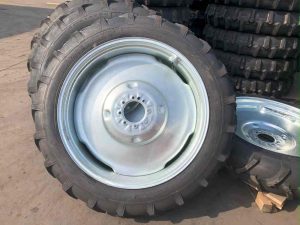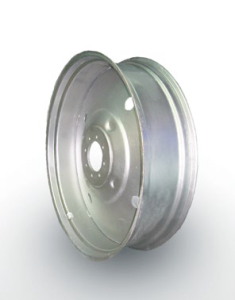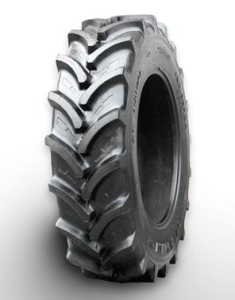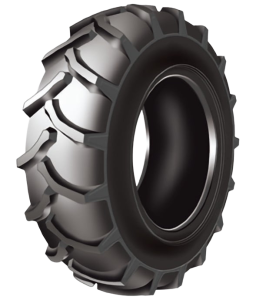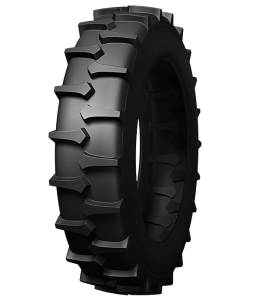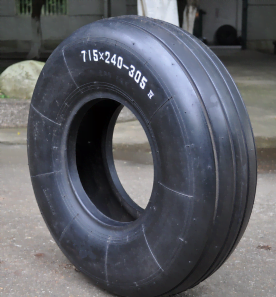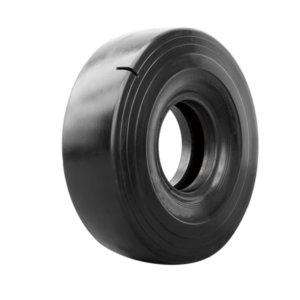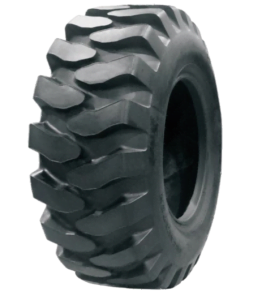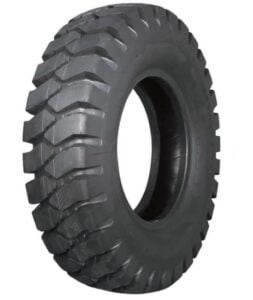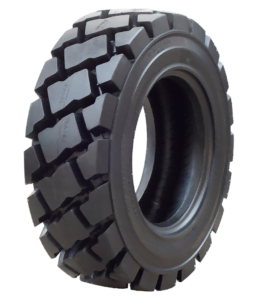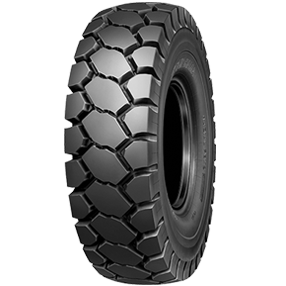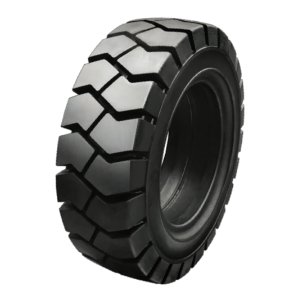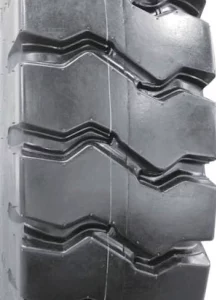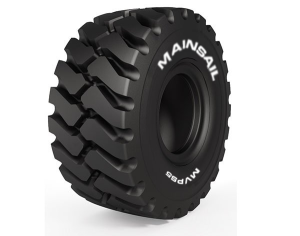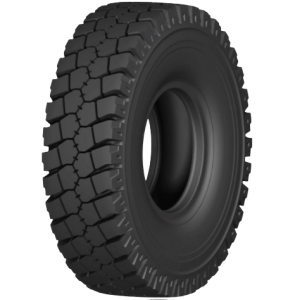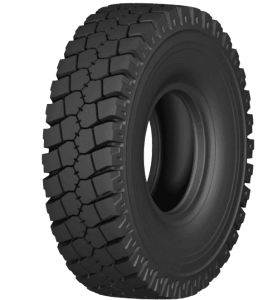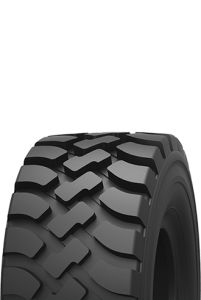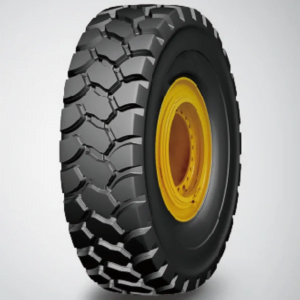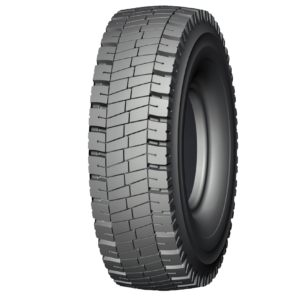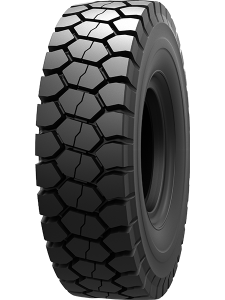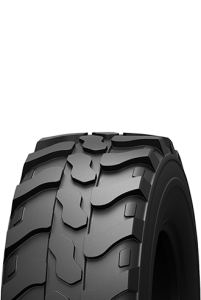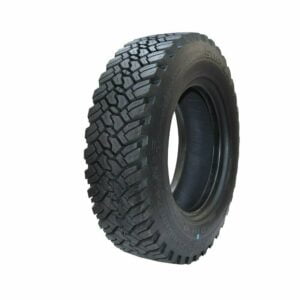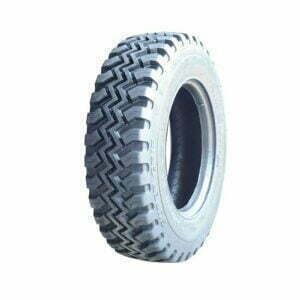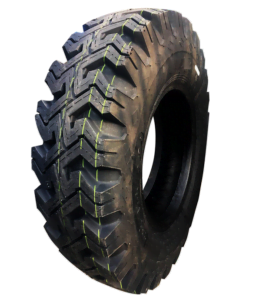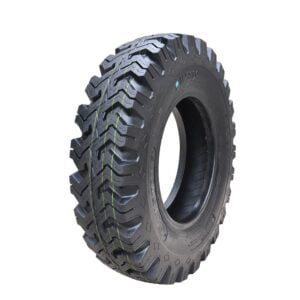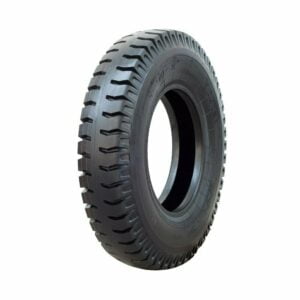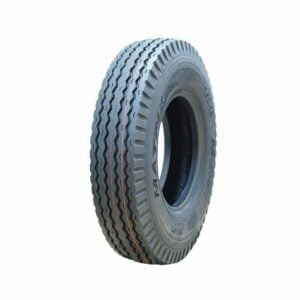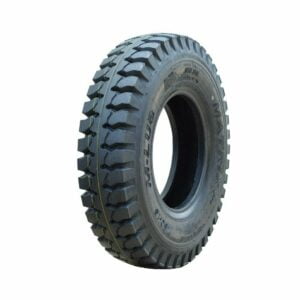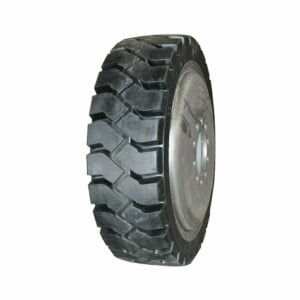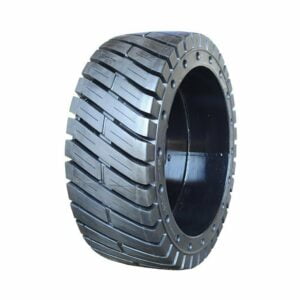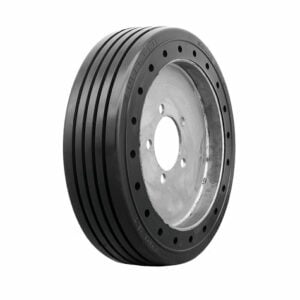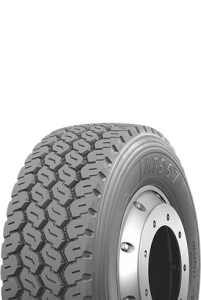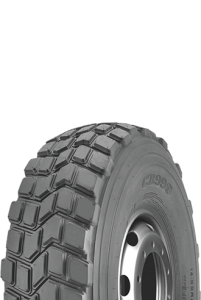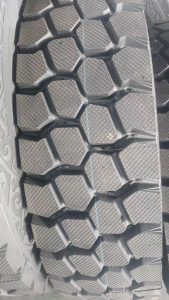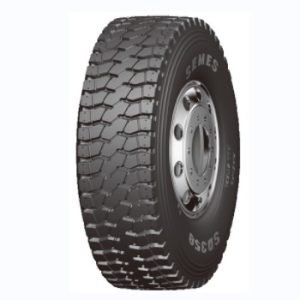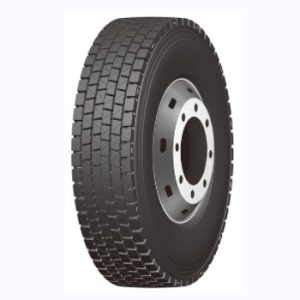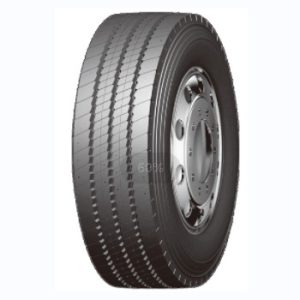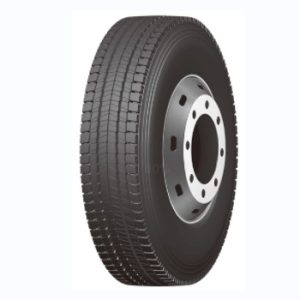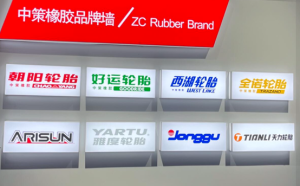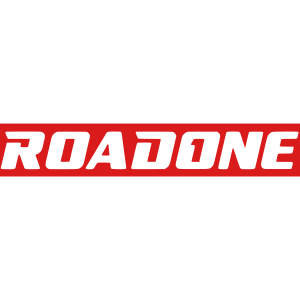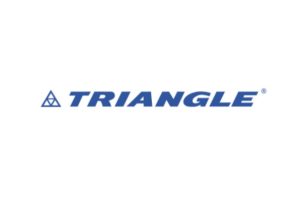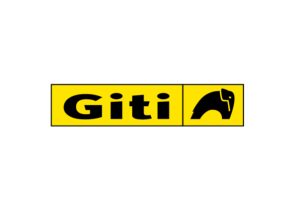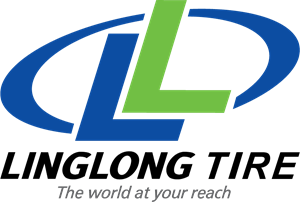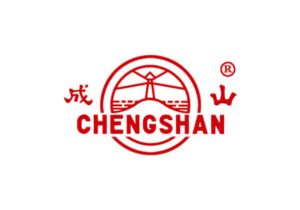Case Overview
Yokohama Rubber Co., Ltd., a global top 10 tire manufacturer with thousands of patented technologies, has filed patent infringement lawsuits against 4 Chinese tire companies:
Qingdao Sunforce Tyre Co., Limited
Dongying Zhangao Rubber Co., Ltd.,
Shandong Guofeng Rubber and Plastic Co., Ltd.,
Anhui Jichi Tire Co., Ltd.
The lawsuits target key segments of the tire industry chain, including tire production, mold manufacturing, and rubber raw material supply. This case highlights the growing importance of intellectual property (IP) as a core competitive element in the globalized tire industry.
Key Implications for the Industry
- Upgraded IP Protection Strategies by Foreign Enterprises
Yokohama Rubber’s decision to pursue litigation at the Supreme Court level demonstrates its confidence in China’s judicial system and underscores the increasing sophistication of foreign companies’ IP enforcement strategies in China.
- Compliance Challenges in the Local Industrial Chain
The case exposes patent-related vulnerabilities among Chinese tire manufacturers, particularly in technology-intensive areas. Companies located in tire industry clusters face heightened risks of patent disputes, which could undermine their market competitiveness.
- Urgency for Innovation and Transformation
China’s tire industry lags in global invention patent holdings, with a focus on utility models rather than groundbreaking innovations. This case may accelerate R&D investments and push companies to explore new technological frontiers, such as alternative materials (e.g., dandelion rubber).
Recommendations for Industry Players
- Implement FTO (Freedom to Operate) Investigations
Establish a patent early warning system during the product development phase to mitigate infringement risks.
- Join Industry Patent Alliances
Engage in cross-licensing agreements through patent alliances to reduce litigation risks and foster collaboration.
- Pursue Differentiated Innovation Paths
Focus on niche areas, such as sustainable materials or advanced manufacturing technologies, to create competitive advantages.
Broader Industry Impact
This case coincides with a critical period in China’s tire industry, as it transitions from scale-driven growth to quality-driven innovation. It serves as both a stress test for corporate IP management capabilities and a barometer for China’s judicial system in balancing innovation protection with industrial development. In the context of global value chain restructuring, integrating patent strategies into innovation systems is essential for transforming China from a “manufacturing base” to a global “innovation hub.”
By addressing these challenges and opportunities, Chinese tire companies can enhance their global competitiveness and contribute to the industry’s sustainable development.
Similar Cases in the Tire Industry History
In 2015, Michelin filed a lawsuit against Shandong Linglong Tire Co., Ltd. for allegedly infringing on its tire design patents.
In Sept. 2017, Bridgestone filed a lawsuit against Fangxing Rubber Co., Ltd. on it is R118 Pattern.
In Oct. 2020, Sumitomo Rubber Industries settled a patent and design infringement lawsuit with TIMSUN RUBBER TIRE (WEIHAI) Co., Ltd. The case involved Sumitomo’s DUNLOP “GEOMAX MX52” tire tread design and “Progressive Cornering Block Technology.”In Sept. 2023, Michelin won a lawsuit in Canada against Tire Boys & Auto Service Inc. for selling Wideway All-Terrain T/A AK3 tires, which infringed on Michelin’s BFGoodrich T/A KO2 tire design. The court banned the sale of Wideway tires, awarded $50,000 in damages, and imposed additional costs. Michelin vows to protect its inte

